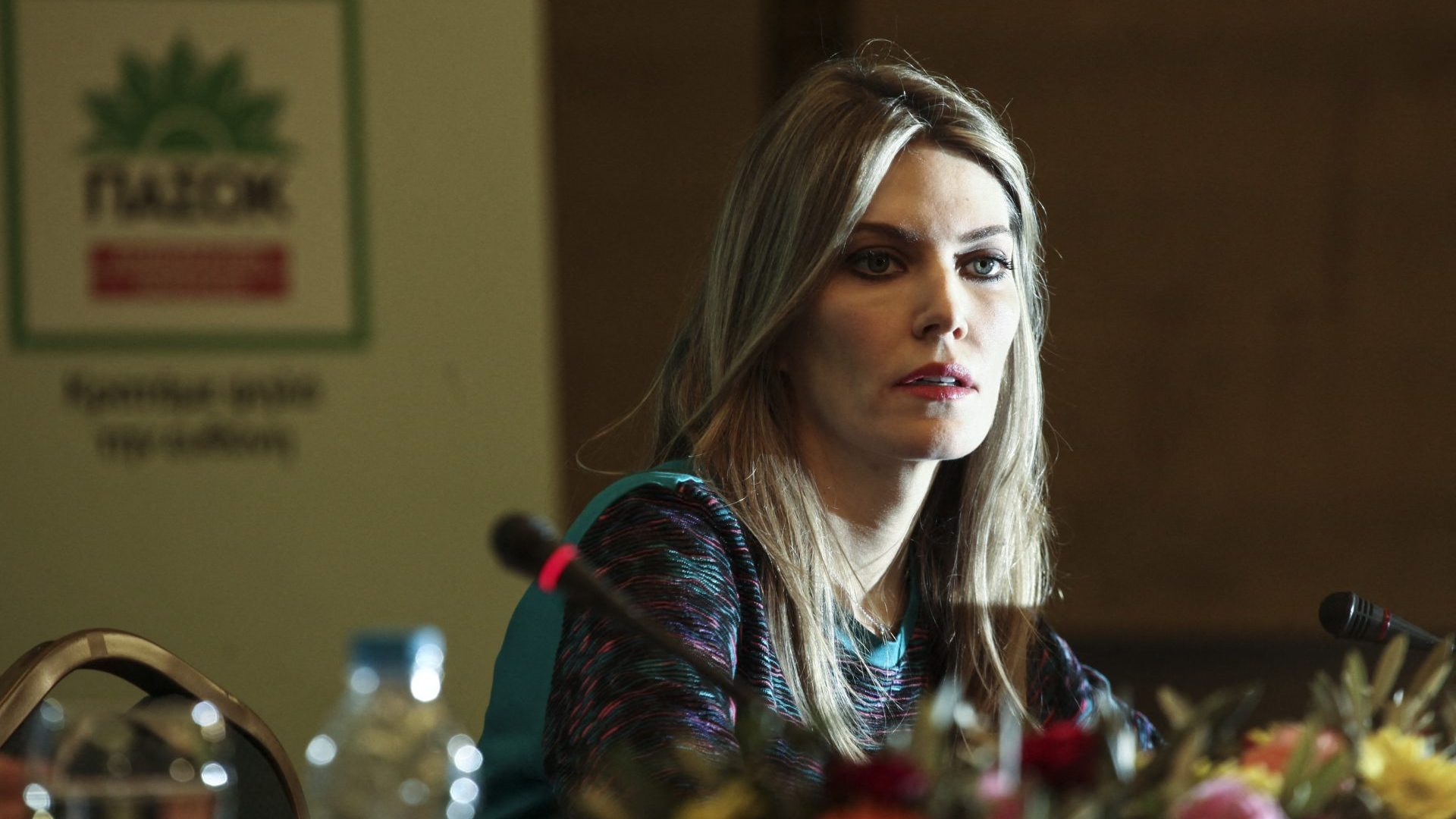The precise point at which lobbying ends and political corruption begins is always difficult to spot. But when the police are uncovering bags containing hundreds of thousands of euros, it’s pretty clear that the line has been crossed.
The recent allegations made against Eva Kaili, a vice president of the European Parliament, are extremely serious. The Belgian Federal Police placed Kaili in custody, after 16 raids at sites across Brussels which uncovered over €600,000 in cash. The allegation is that Kaili took the money from Qatar, on the understanding that she would promote the country’s interests in the European Parliament. The total amount involved could be as high as €1.5 million.
In the run-up to the World Cup, when Qatar was criticised for the dangerous conditions experienced by its construction workers, Kaili met Qatari officials. Afterwards, she announced that the country was in fact “a front-runner in labour rights,” a view that overlooked the deaths of hundreds – if not thousands – of workers during the construction of Quatar’s football stadiums.
The allegations of money for influence are rejected by both the Qatari government and by Kaili. Even so, the story is highly damaging for one of the central institutions of the European project. In geopolitical terms, it is vital for the EU to present a strong unified front, as it deals with the Russian invasion of Ukraine and an increasingly belligerent China. But this scandal suggests that Europe contains a hollowed-out centre where, instead of political conviction and principle, there are instead only bags of cash.
More prosaically, it also feeds into the political Eurosceptic argument that the EU is a corrupt mess staffed by self-interested bureaucrats, a view that will now win new sympathisers. Nigel Farage, the former politician turned radio host, posted a video on social media, entitled “Shocking EU corruption EXPOSED”, in which he sank his teeth into the scandal. Farage might have mentioned, but chose not to, that in 2018 he himself was fined £35,000 by the EU’s authorities for mishandling funds.
Even so – Farage is right. The scandal is shocking. There’s no getting around it. The question then is what happens next. What can be done to clean up the European Parliament, to make sure security is tightened and the rules on lobbying are made tougher? For us here in the UK, the answer is, well, nothing. We can’t do anything to reform the EU because we are no longer part of it.
The Eurosceptics and Europhobes will see it all as confirmation that we are better off out of it and that the institutions of the EU are corrupt. On that last point, they are correct – the institutions of the EU surely contain corrupt individuals. But the problem is that all institutions contain corrupt people and always have done. If the presence of a corrupt individual within an institution were reason to abolish it, then there would be no institutions left. There would be no Westminster Parliament, no banks in the Square Mile, no World Cup – and no Conservative Party.
Finding corruption within an institution is not a reason to abolish it, but to fix it, and on this front the EU appears to be succeeding. The raids and arrests show a system in a process of self-correction. An example of a system that is working somewhat less efficiently to correct itself can be found closer to home. As is now clear, the UK government gave some dubious contracts to companies offering to supply protective medical equipment during the pandemic. One allegation is that the Conservative peer, Michelle Mone, made £29 million from one of these deals, an amount that puts the current EU scandal in the shade. Mone has taken a “leave of absence” from the House of Lords. But there have been no raids and no arrests in this case, or in connection with the billions of pounds that vanished during the pandemic.
This tendency towards corruption is one of the many reasons why most people don’t especially care about political institutions or particularly like them. This was one of the problems encountered by the Remain side during the Brexit campaign – it turned out to be very hard to get people excited about buildings full of functionaries. This current EU scandal plays into that general sense of ambivalence about pen pushers and what they do and it is not helped by the fact that, in cases like this, all political institutions can do is punish wrongdoers, reform themselves and carry on.
But that appearance of business as usual only feeds the creeping sense that the corrupt have got away with it. This was the case after the expenses scandal, which dealt the Westminster parliament, and Britain’s entire political class, a reputational blow from which it has never quite recovered.
And despite this instinctive suspicion of political institutions – distant, cold, susceptible to corruption and largely uninspiring – they remain fundamentally important to the stable functioning of society. For a glimpse into what a political culture looks like when those institutions start to collapse, we have Trump’s tenure in the White House as an example.
There’s no doubt that this scandal is a huge blow to the reputation of the European Parliament. But the real test of its institutional substance will come in the speed and efficiency of its response. On that point at least it seems to be succeeding.











